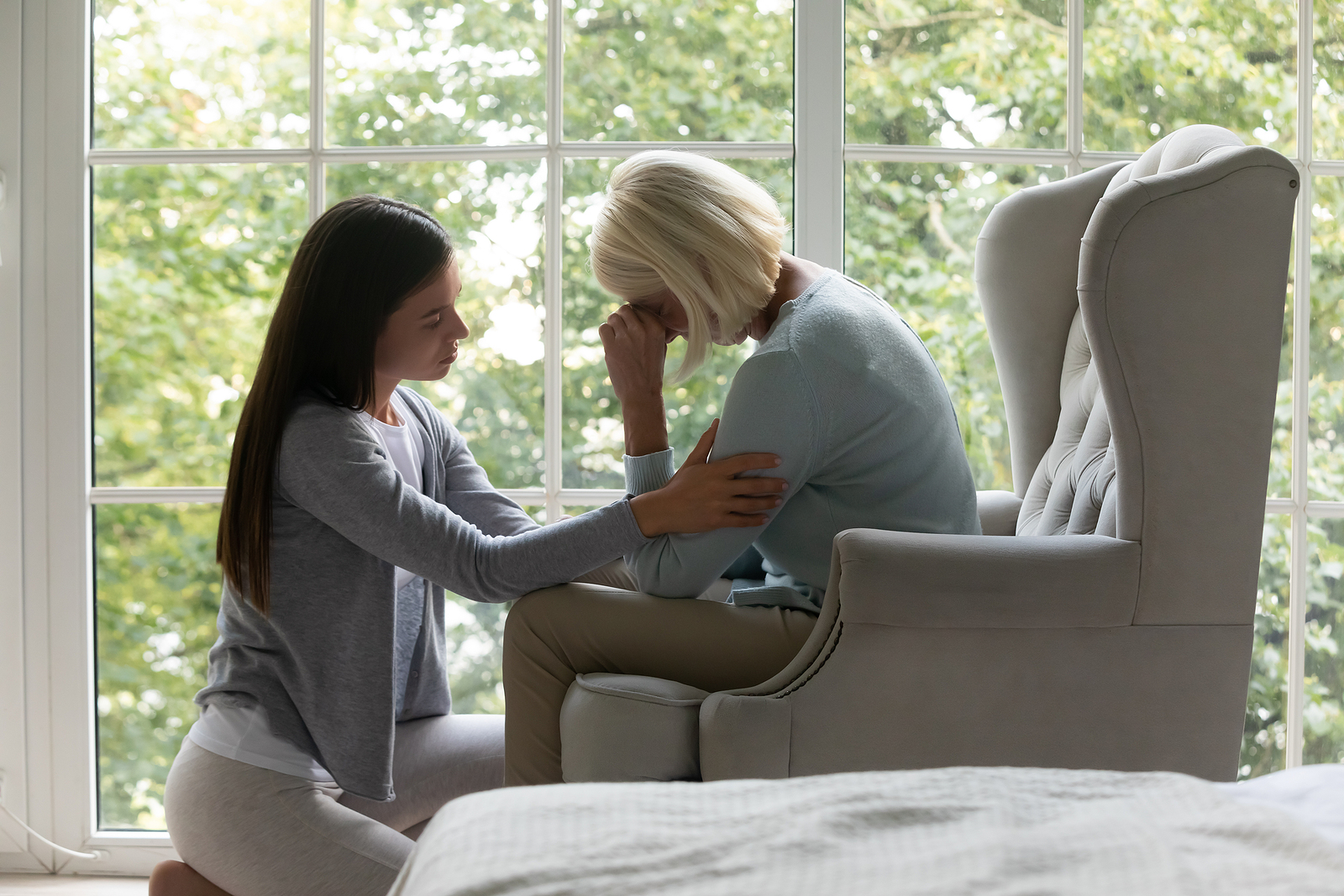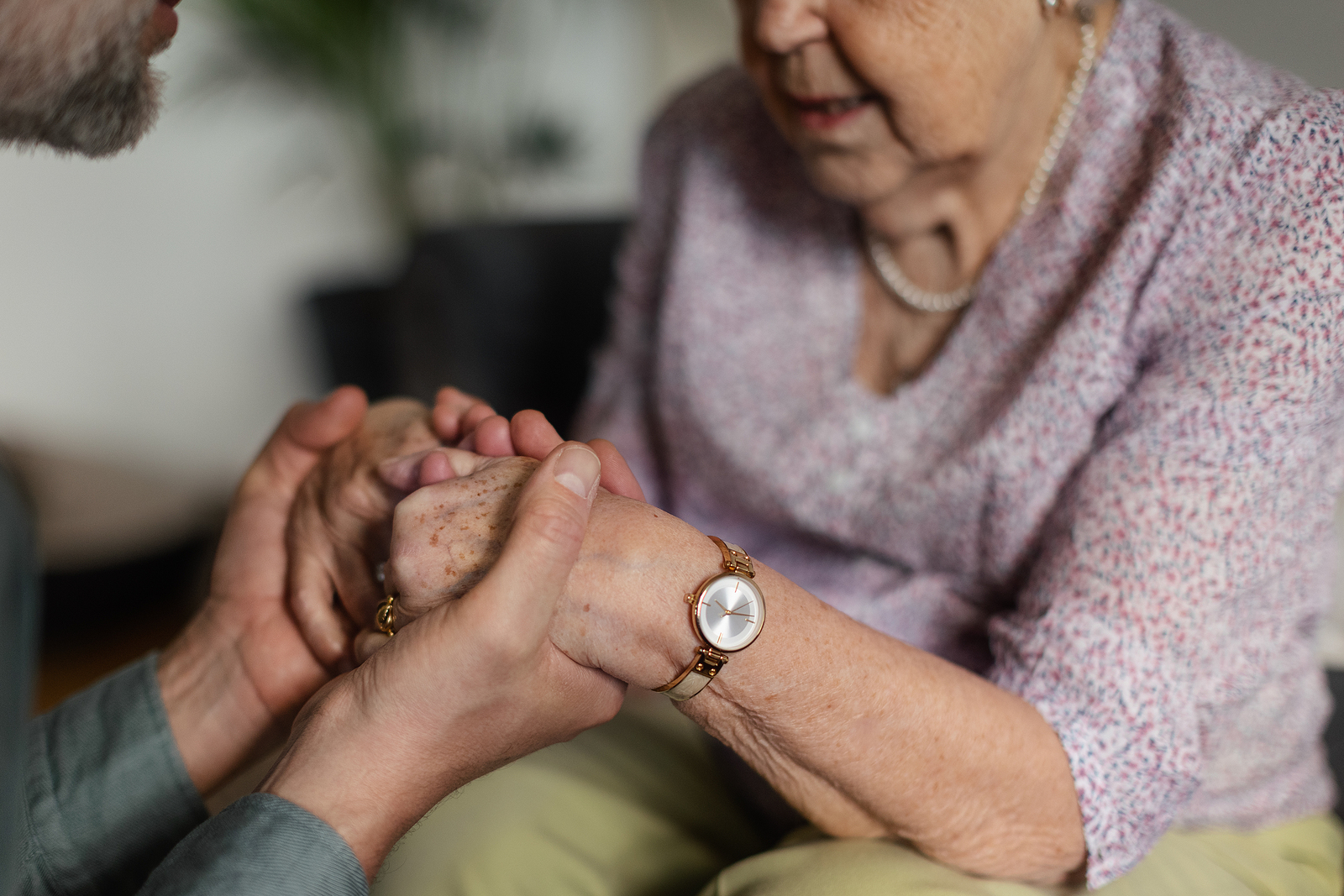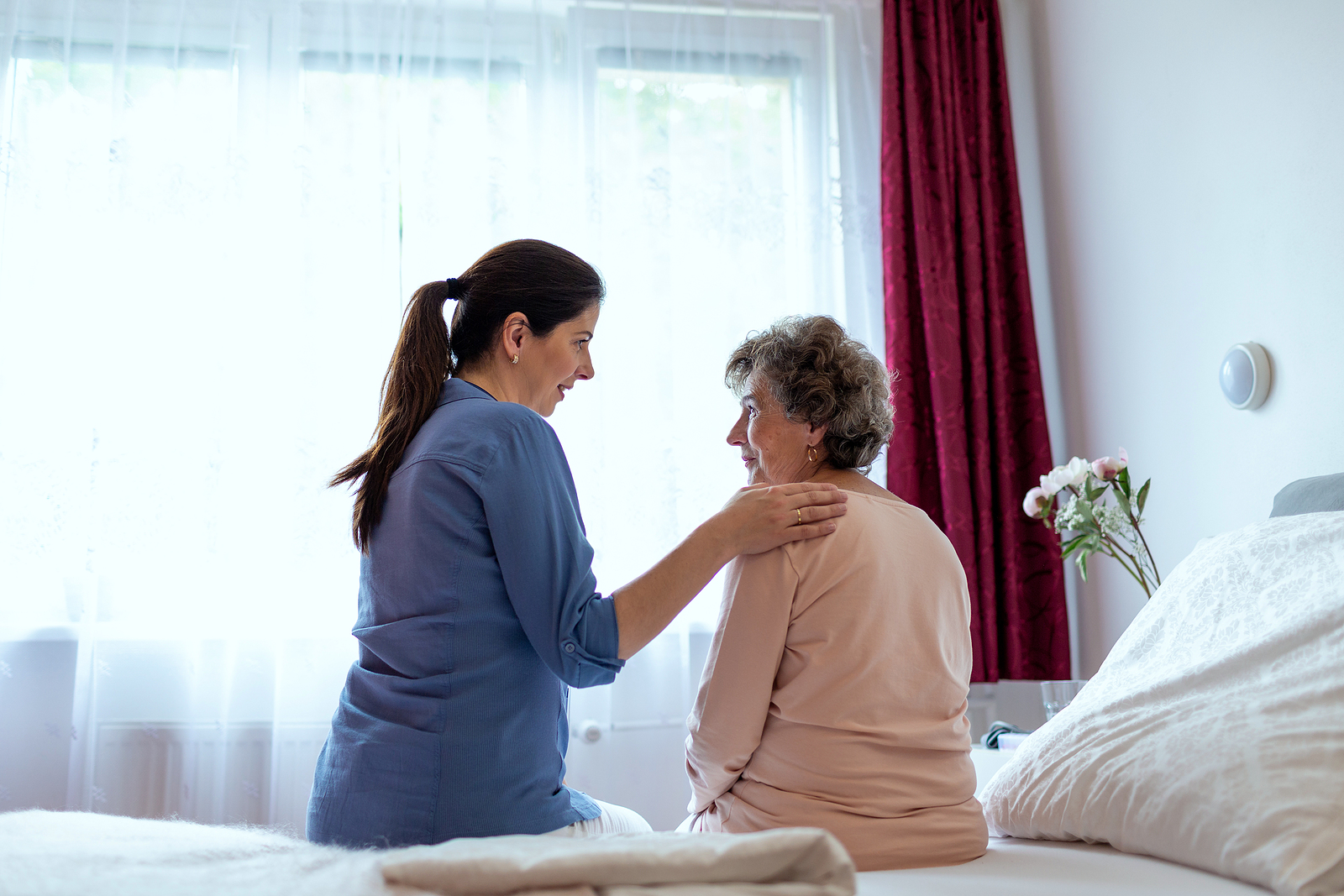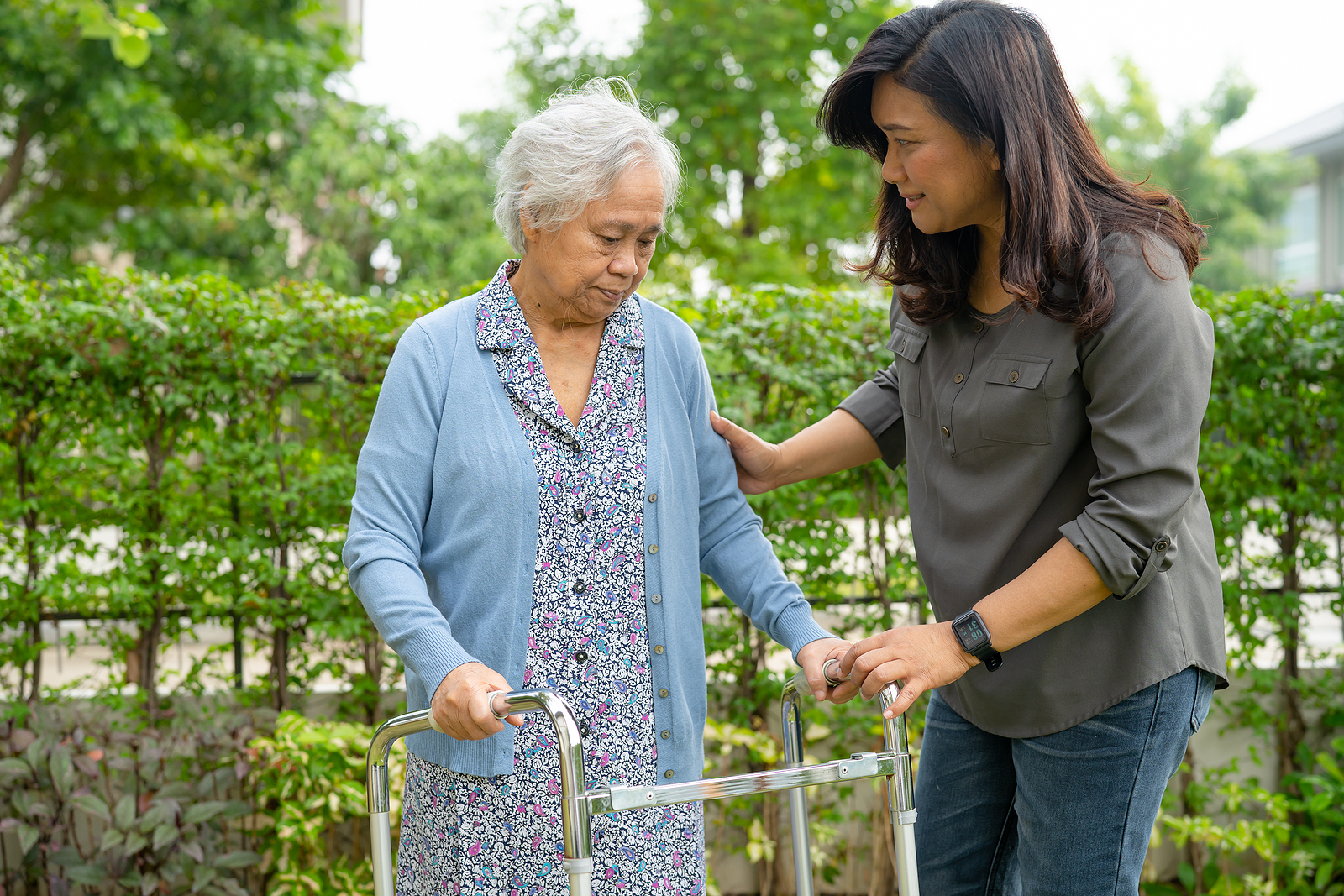Life is unfortunately full of loss, but that never makes it easier to handle. Seniors in particular can experience more loss than they should over their lifetimes. There are different types of loss, as well. Seniors lose abilities, they lose loved ones, and they may worry that they’ll lose their homes if they need to move because of their health declining. Companion care at home is one part of a solution that can help seniors cope with loss.
Grief for Aging Adults
Grief is unique for every person, including each senior. There’s no exact science for facing grief, but ignoring it does not make it go away. Family caregivers may need to understand some of the very specific types of grief seniors might experience, especially as they receive health diagnoses they dread or lose someone extremely close to them. Grief can affect physical health and make it difficult for seniors to continue their daily routines.
Consider Support Groups or Counseling
Support groups and counseling are two options that can be very helpful for seniors who are grieving. Both offer seniors the opportunity to talk with other people who understand exactly what they’re experiencing and can help them work through their feelings. If seniors can’t drive any longer, virtual meetings and appointments can help, but home care providers can also assist with transportation needs.
Establish Some Routines
Routines can be an important touchstone as seniors do everything they can to come out of grief. For some seniors, companion care at home can offer some new routines that also include companionship and someone to engage in activities with on a regular basis. If seniors need hands-on help with daily activities, elder care services can be of assistance.
Find Ways to Honor the Memories
Never thinking about the loss again just isn’t an option. What may help more is finding a way to honor the memories of the person or thing seniors are grieving. Photos, memory books, and activities that remind them of who they’ve lost can all help. Finding ways to honor the memories can help seniors move forward.
Promote Good Health Habits
When seniors neglect their health, they’re likely to feel much worse. Home care providers can help aging adults get back on track with healthy eating, quality sleep, and getting enough physical activity. These habits may feel like too much at first, but eventually they can help seniors ease through their grief.
Line Up Emotional Support
Emotional support from friends, family members, and even companion caregivers can be so helpful for seniors. Having a variety of different types of connections easy for seniors to access ensures they have the support when they need it most. Companion care at home can be there on a schedule that works for seniors.
Managing grief isn’t the easiest thing to do, but it can’t be ignored, either. Companion care at home can help families and seniors know that seniors have someone to talk to and to spend time with when they’re ready to do so.








